UK streaming inquiry: Universal CEO ‘backs’ user-centric licensing
The user-centric licensing model could help struggling artists. This is according to Universal Music Group (UMG) UK CEO and chairperson David Joseph.
Joseph was speaking at the third sitting of the UK Parliament’s Digital, Culture, Media and Sport Committee inquiry into the economics of music streaming, which was held virtually on Tuesday. He was responding to a question by musician Nadine Shah who had given a testimony about how she struggled to pay the bills with her streaming revenue.
“There are some artists who’ve been particularly badly hit by the pause in the live industry,” Joseph said. “They have a small fan base but a particularly passionate fan base who they play to very often. Their economy has been incredibly badly hit, because the major source of income that they had, playing live, has not been available to them. There are models that if you just listened to Nadine Shah that month, there would be models the services can do just to pay that artist rather than be diluted.”
Deezer has been trying to get a pilot of its User-Centric Payment System (UCPS) off the ground for more than a year. But the music streaming company cannot persuade all the labels to sign up. Last year, Deezer told Music In Africa that the COVID-19 pandemic had delayed plans to roll out the system. There could be significant progress to that end if UMG, which is the biggest music rightsholder, opts to support the model.
UCPS seeks to compensate musicians according to the number of direct plays they get from users. This is done by paying artists for the listeners they have, as opposed to counting small percentages of a much larger pool.
Meanwhile, Sony Music UK chairperson and CEO Jason Iley did not take a stance on the matter. ”That’s a very difficult conversation because I look after artists across many different genres, and I have many artists who favour the current model. I’d be favouring one subset of artists over another. That’s the difficult part of the position in this debate,” he said.
Since the first sitting, the members of the committee have gravitated towards the idea of extending the equitable remuneration model, which is used for broadcast music royalties in the UK. However, the major label executives feel differently about the matter.
“We believe that that direct relationship gives the maximum for negotiation, and is underpinned ultimately by the ability to say no to any licence,” Warner Music UK CEO Tony Harlow said.
Iley said: “We have the ability to walk away from the table if we need to, so that’s why we prefer to negotiate our rights with the respective streaming services. Whereas with PPL [UK’s music licensing company], there isn’t essentially the ability for them to walk away from the conversation. We have [in the past] walked away from the conversation. Our interests are to protect our artists and to get the best deal for our artists, so that’s why we believe we should be in control of those conversations.”
Last year, former Spotify director of research Tristan Jehan pinned the blame for low artist payout rates on labels.
Another bone of contention at the inquiry was whether a stream amounts to a traditional sale such as a CD, or rather, a rental, which would favour the artist.
“It’s a very interesting debate actually,” Iley said. “My view is that the modern world is living in subscription, which gives artists more of an opportunity, a bigger opportunity than ever before to have their music heard, and we as record companies pay those artists on the basis of their royalty rates from their subscription.”
Harlow suggested that streams are more like sales, disregarding their treatment as rental or broadcast. “Streams are generated by deliberate choices,” he said. “You can play what you want when you want it, and you can skip when you don’t.”
Watch the full Digital, Culture, Media and Sport Committee session here(link is external).







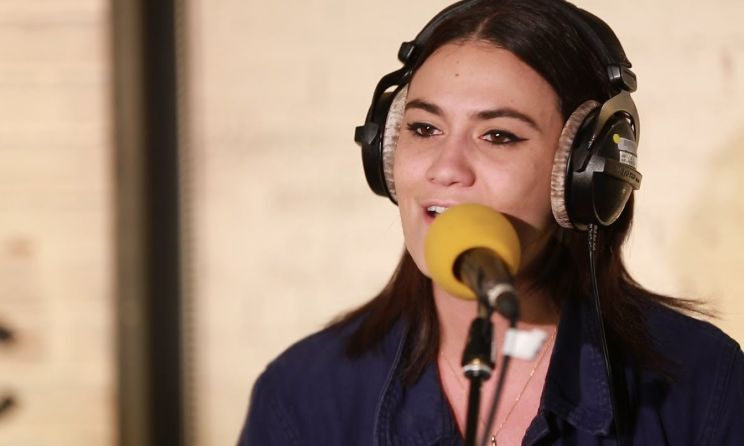



















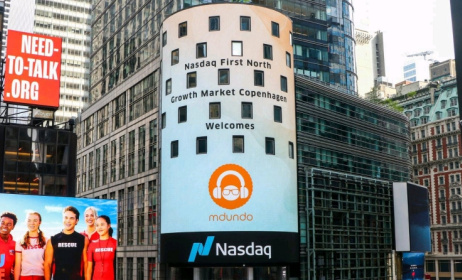



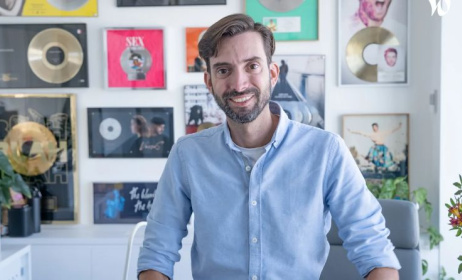
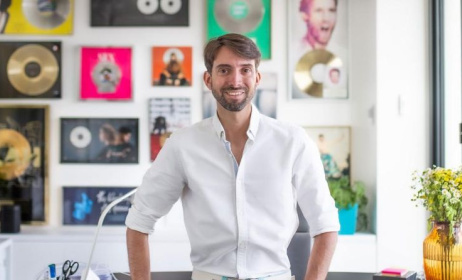
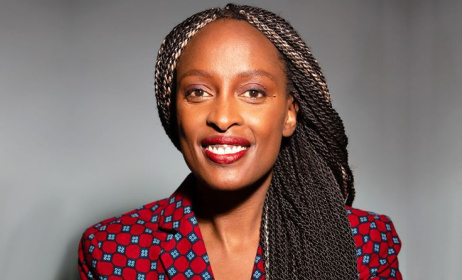


Comments
Log in or register to post comments